The rental crisis, cost of living increases, and stagnant wages have all contributed to a growing epidemic in the country: homelessness.
For many local, state, and federal government agencies, affordable housing is one of the top priorities to quell the dramatic increase in people experiencing homelessness in the U.S.
California’s Method to Spearhead the Issue
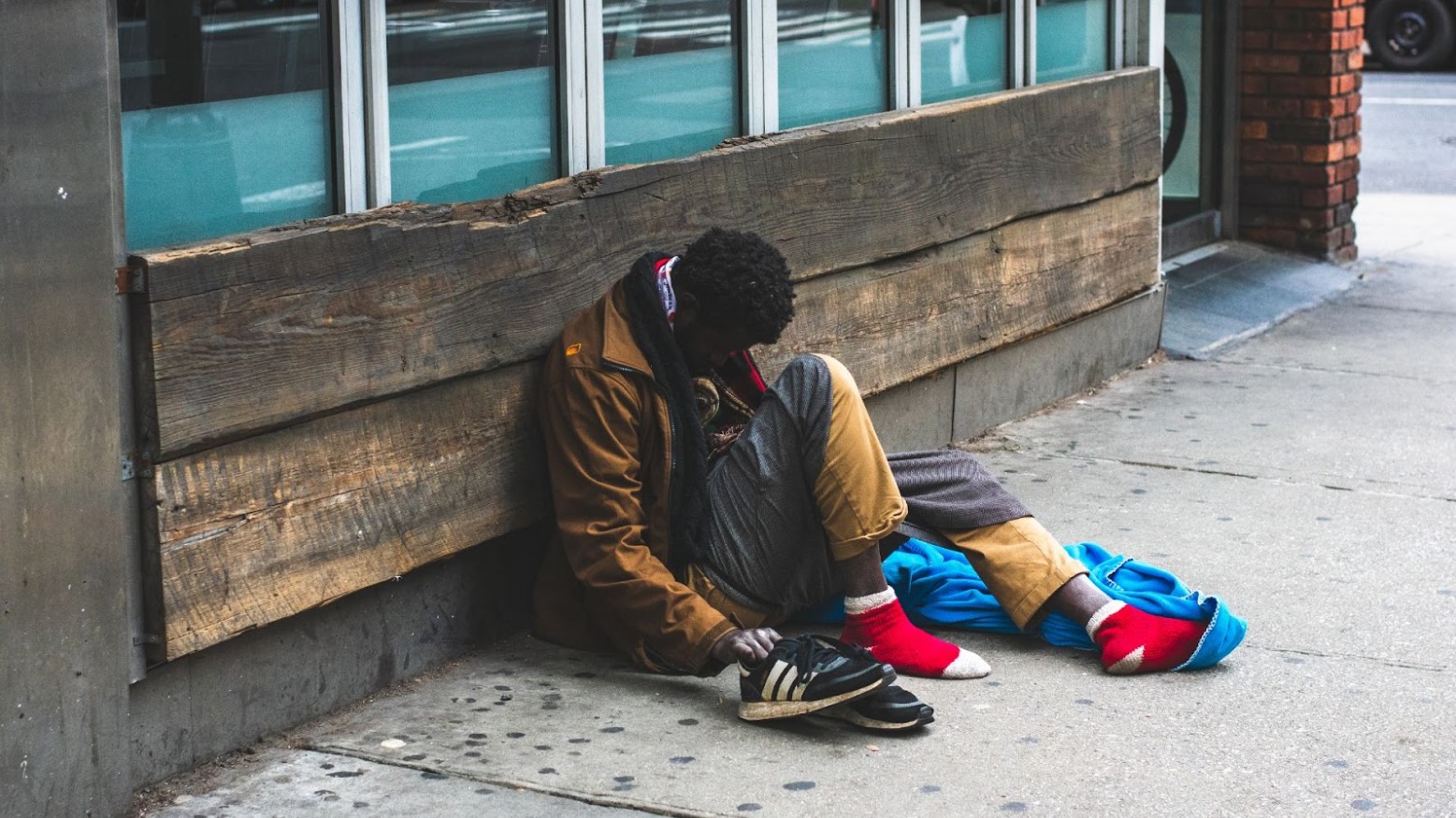
Although homelessness remains a prevalent issue in every state in the U.S., California has faced the brunt of the issue.
Due to the warm climate and populous downtown cores, the state has often been a safe haven for houseless individuals to take up residence in. To combat the growing issue, California Governor Gavin Newsom has helped Proposition 1 pass. This new ruling will add $6.38 billion for mental health and homeless services.
California Hopes to Lower Burden on Healthcare

A large part of the measure passed by Gov. Newsom will add more resources and facilities for people facing addiction and mental health crises.
The increased mental health resources and housing units in Southern California will help to alleviate the tension felt by residents among the increasing level of homelessness in the state.
Funds Will Come From Top Earners

As California’s state taxes are already some of the most expensive in the country, the new plan does not intend to add any more unwanted tax hikes.
Specifically, the funds will come from income taxes already paid by anyone earning more than $1,000,000 annually in the state. Out of almost 40,000,000 full-time residents, the money will come from 72,500 people. The plan follows a simple scheme of taking a small amount of money from the 1% of earners to distribute to measures in need.
Tax Revenue Increase Up to Residents

Chicago has also proposed a similar ruling in hopes to get more lower income families and people experiencing homelessness into affordable housing.
However, the costly bill will need to come from a tax increase. Specifically, the money was proposed to come from taxes placed in real estate sales above one million dollars in the city.
Measure Failing in the Windy City
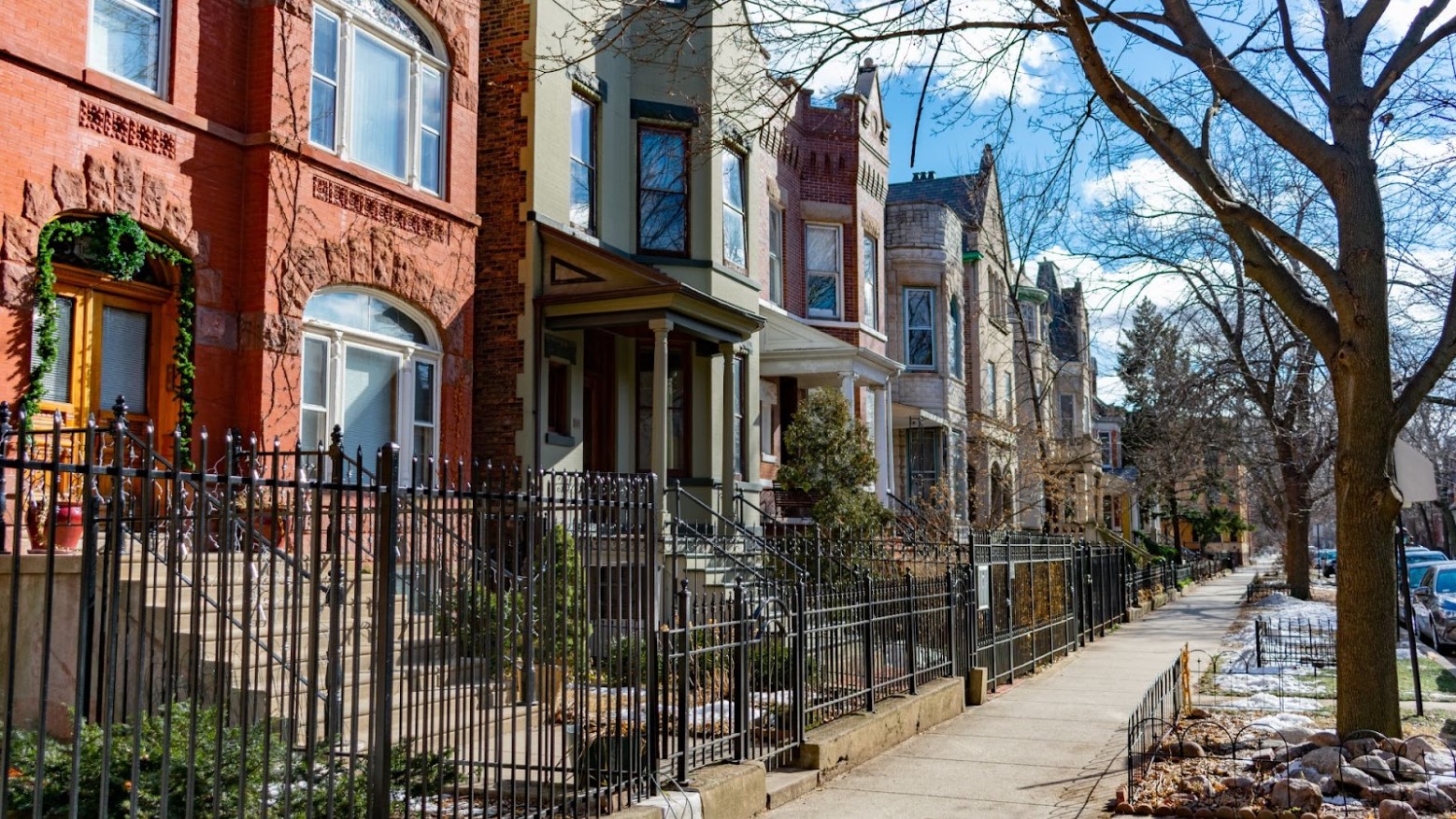
The proposition presented in Chicago, titled the Bring Chicago Home ballot, failed to squeak by.
With 52% of Chicago residents voting against the bill, the measure failed to become reality.
Most Chicago Residents Would Have Enjoyed a Reduction
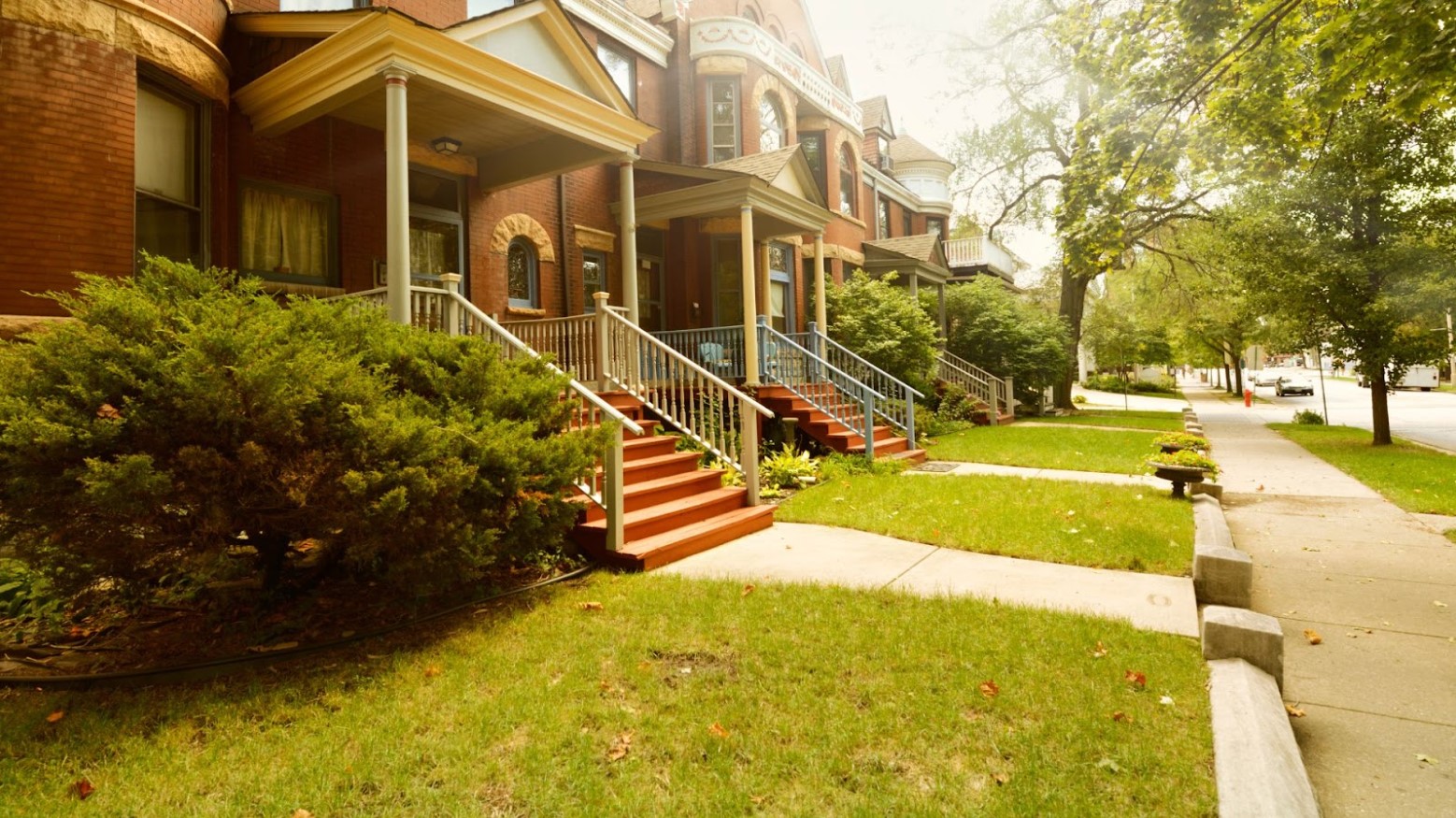
Although the Bring Chicago Home project was meant to garner an estimated $100 million in profit within its first year, most families would have actually seen a reduction on their Real Estate Transfer Tax (RETT).
If the act had passed, an estimated 93% of purchasers would have actually seen a decrease in the amount of taxes they would have to pay when purchasing a new property.
Other States Following Suit

Some states are still weighing out their options when it comes to changing the distribution of property transfer taxes, such as New Hampshire and Iowa.
Both states lack the adequate amount of affordable housing needed to keep the homelessness rates low in the larger metropolitan areas.
Some Areas Have Approved Similar Measures

Certain states have already been experimenting with the notion of moving money from high value property taxes to fund affordable housing.
Delaware passed a law last year to increase the amount of money being sent to low-income and affordable housing from their property transfer tax in three counties. As well, New York has had similar measures in Long Island for the past three years.
Homelessness Continues to Grow Despite New Measures
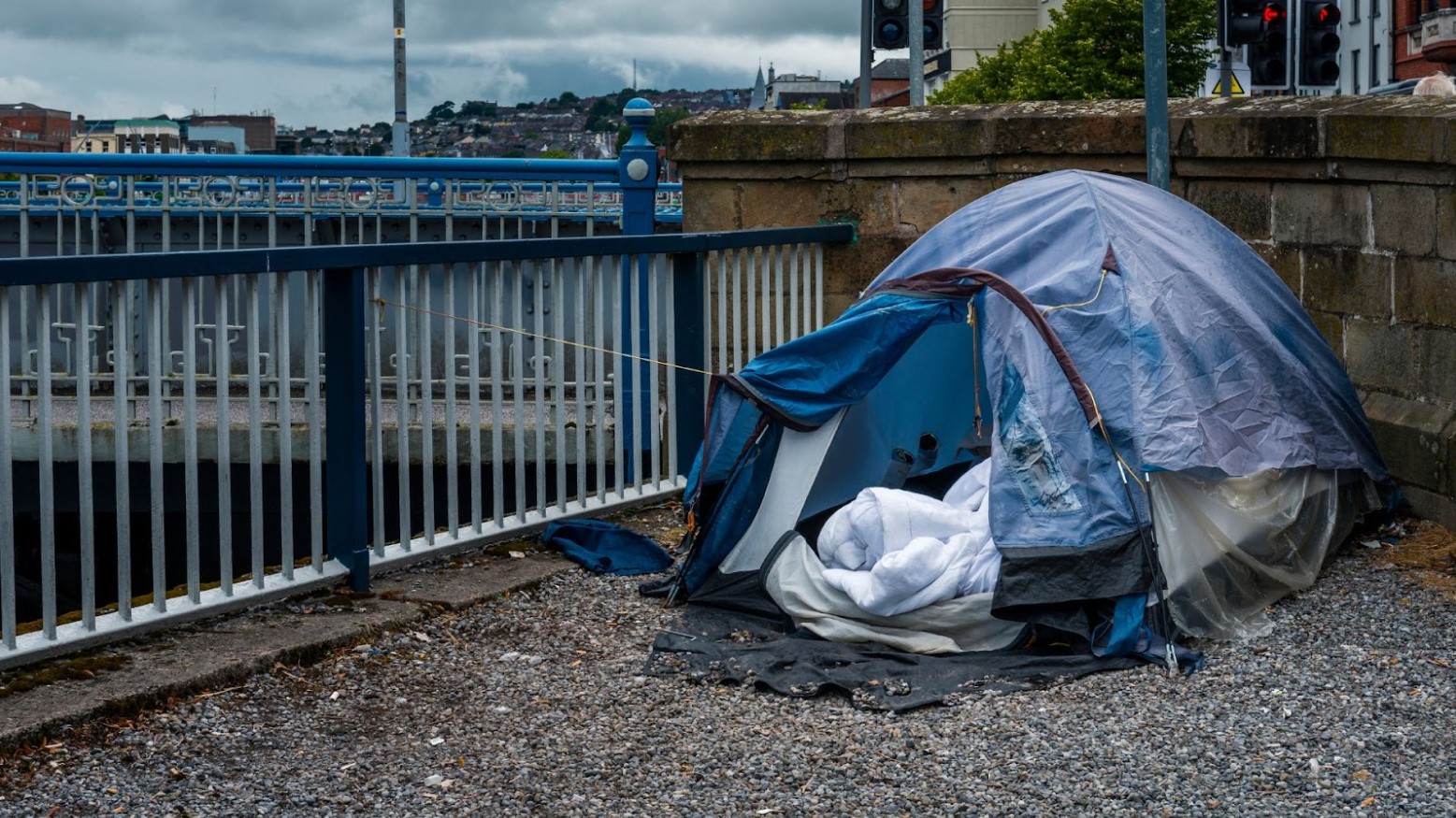
Due to increasing rents, evictions, and the growing U.S population, rates of homelessness have hit an all time high in the country.
In 2023, the population of people living without adequate shelter reached more than 650,000. The Department of Housing and Urban Development (HUD), expects this number to rise even further in the next few years.
Advocates Warn Worse Rates to Come
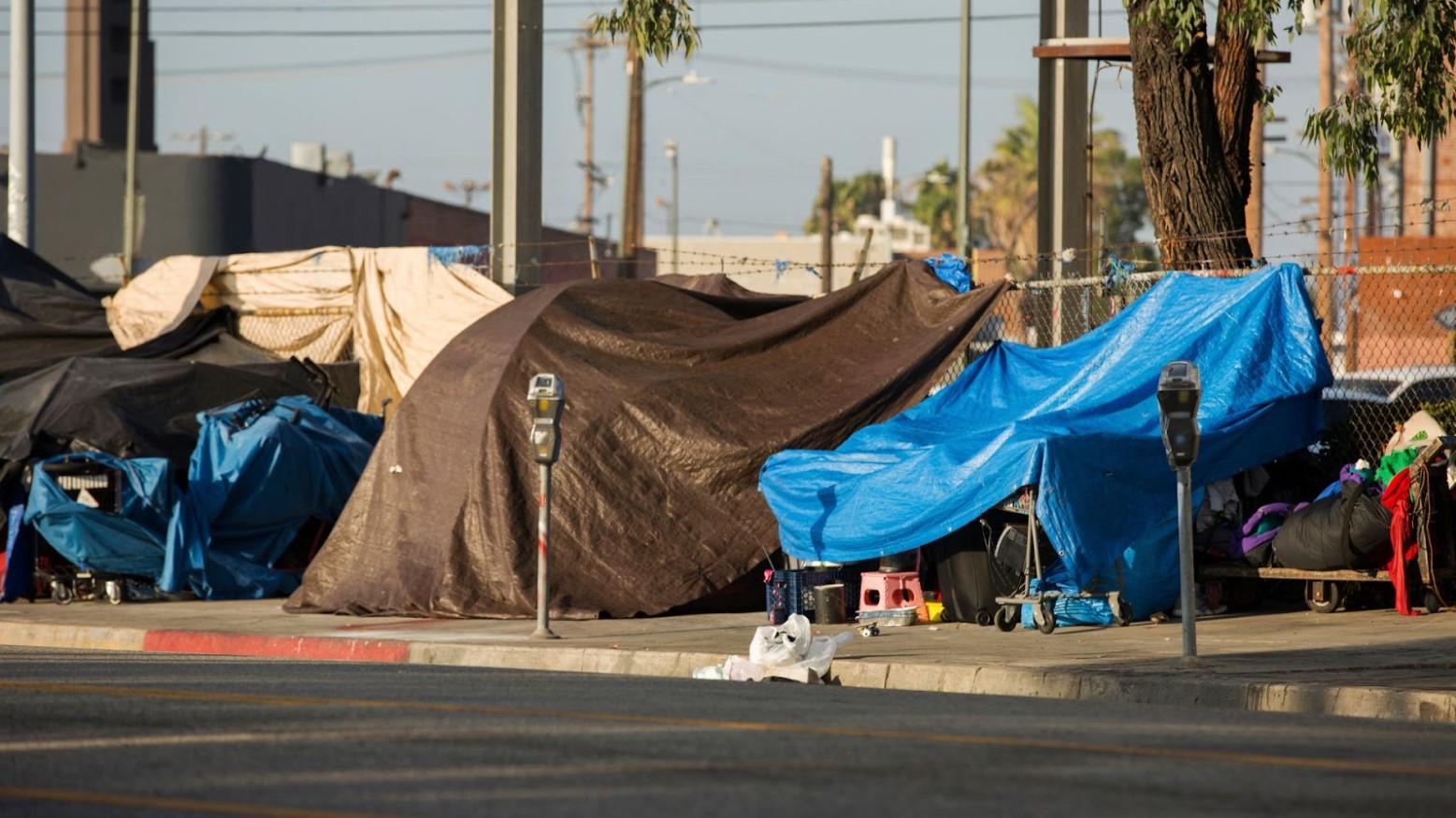
Although many politicians have run on a measure to try and resolve the homeless crisis recently, advocates warn that the numbers will only get worse unless immediate action is taken.
When prepositions to build cheap housing fail, the timeline to help people struggling with homelessness extends even further.
Homelessness Adds More Tax Burdens to Cities Than Just Through Housing
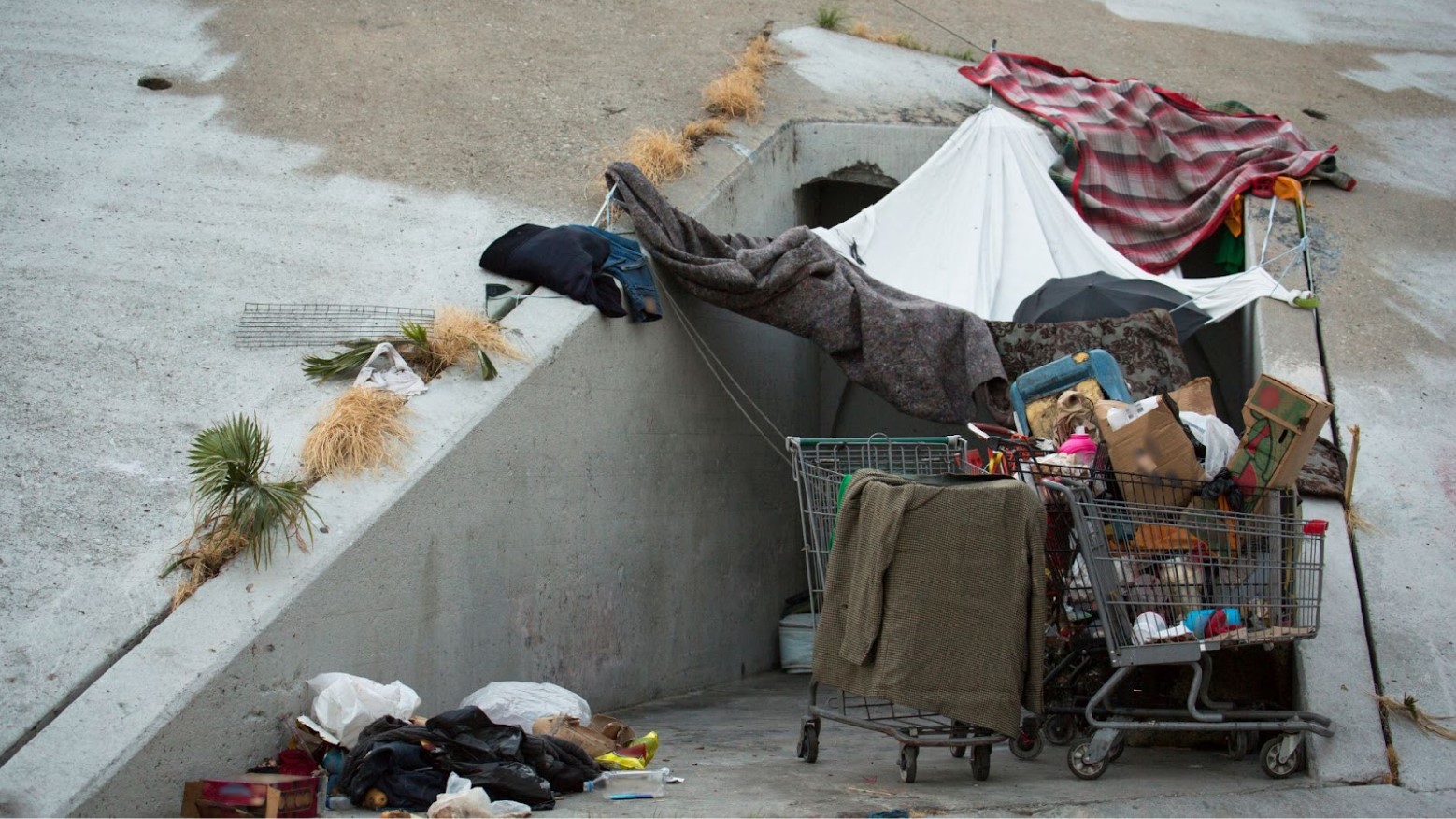
When people live outside, especially in cold places like Illinois, they face increased health risks.
By reducing the amount of people living on the streets, cities can actually lower other financial burdens. These burdens are state or city funded medical care for those without money or insurance, food banks and soup kitchens, and even increased police presence for areas with a large rate of homelessness.
